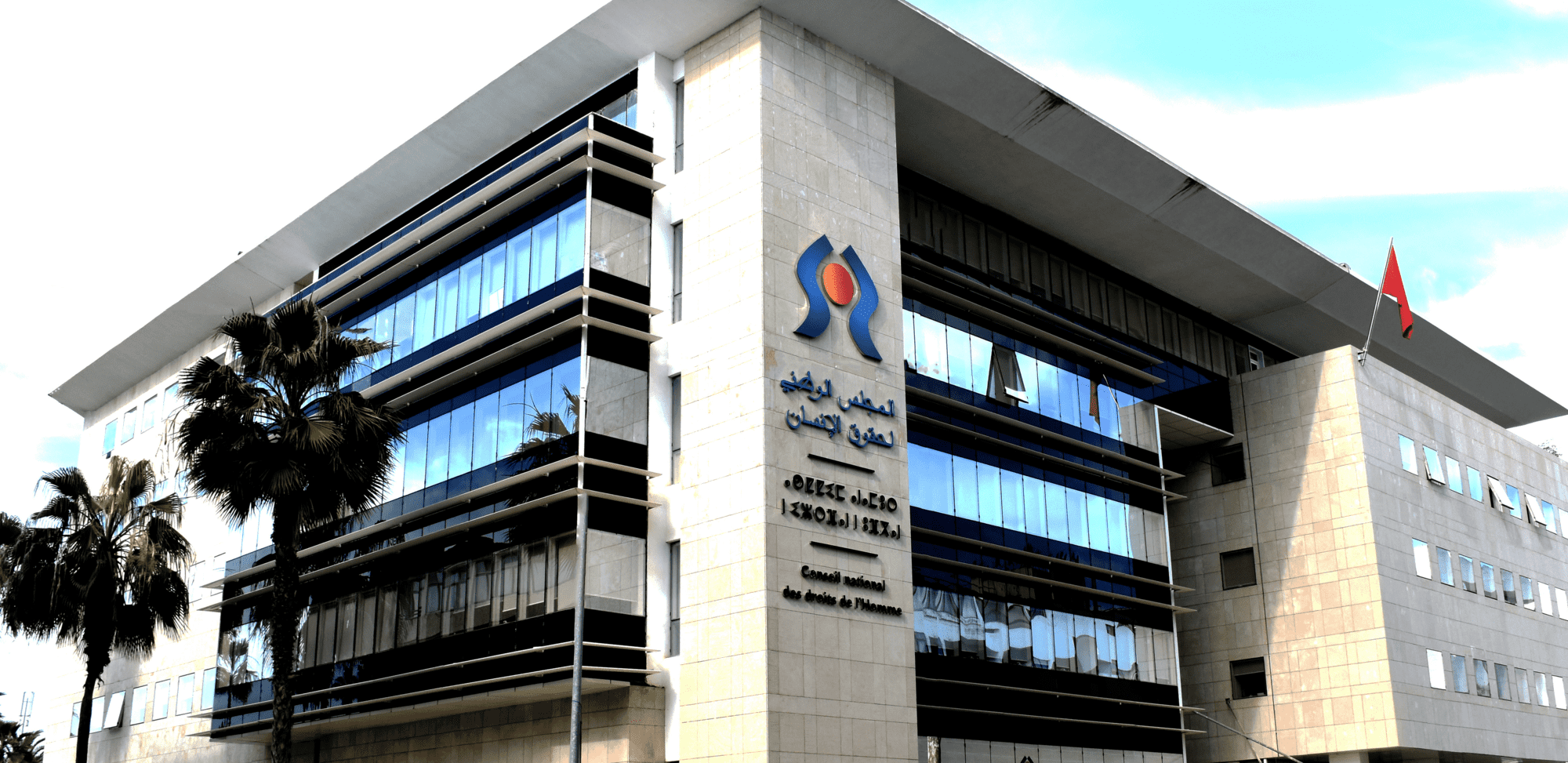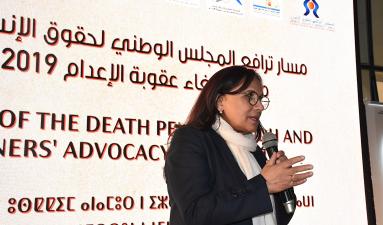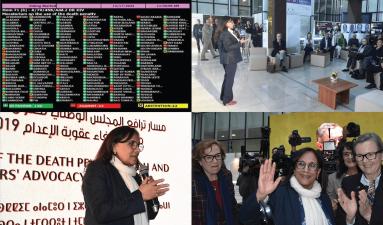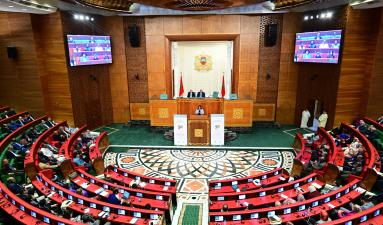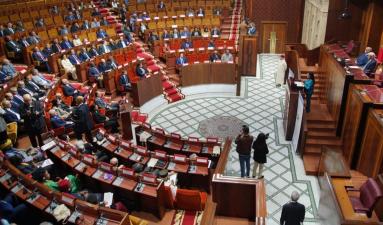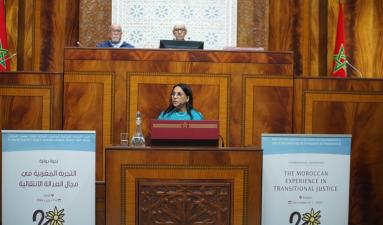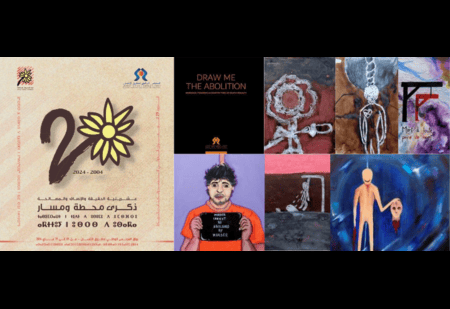
The National Human Rights Council (CNDH) welcomed, on the evening of Monday, December 9, 2024, the Moroccan government’s decision to vote in favor of the United Nations General Assembly resolution calling for a legal moratorium on the death penalty, scheduled for mid-December.
The CNDH Chairperson emphasized the significance of this decision as a step toward the legal abolition of the death penalty through forthcoming amendments to the Penal Code.
Ms. Bouayach stated that this decision represents the culmination of two decades of dedicated efforts by the Equity and Reconciliation Commission (IER). Applauding the government’s decision to vote for the UN recommendation on a death penalty moratorium, she recognized it as a significant step toward full abolition.
The abolition of the death penalty is one of the key IER recommendations and has been a central focus of the CNDH’s ongoing advocacy to uphold the absolute constitutional right to life. This includes consistent calls for abolition in the CNDH’s annual human rights reports from 2019 to 2023.
In her statement at the press conference organized by the CNDH on October 10, 2024, to commemorate the World Day against the Death Penalty, Ms. Bouayach reiterated that the right to life is an absolute right that cannot be compromised under any circumstances or pretext.
She added that suspending the death penalty while keeping it in the law is more severe than executing it, given the psychological and social impact of torture resulting from this suspension. Ms. Bouayach reiterated the call of the CNDH and its partners to ensure that those sentenced to death and their families are not left in the harsh condition of waiting, which can lead to psychological repercussions and social consequences that may even surpass those of the actual execution. She also stressed in the same context the conviction of abolitionists that "the death penalty does not protect anyone… and its execution does not guarantee reassurance for the families of victims or the security of society."
On this occasion, she also emphasized that the foundation of the CNDH’s advocacy for the abolition of the death penalty rests on the inherent and absolute nature of the right to life, which underpins all other rights. She highlighted the CNDH’s role as a national institution dedicated to protecting this fundamental right and called upon legislators to ensure that legal provisions align with Article 20 of the Constitution, as well as with the covenants and agreements ratified by Morocco.
The CNDH has long advocated for the abolition of the death penalty, in collaboration with its partners, including the Moroccan Coalition for the Abolition of the Death Penalty (CMCPM), the Moroccan Prison Observatory (OMP), and the Together against the Death Penalty Association “Ensemble contre la peine de mort” (EPCM). The CNDH has also contributed in the establishment and activities of networks of parliamentarians, lawyers, journalists, academics, and entrepreneurs against the death penalty, to strengthen the national front against this inhumane punishment.

